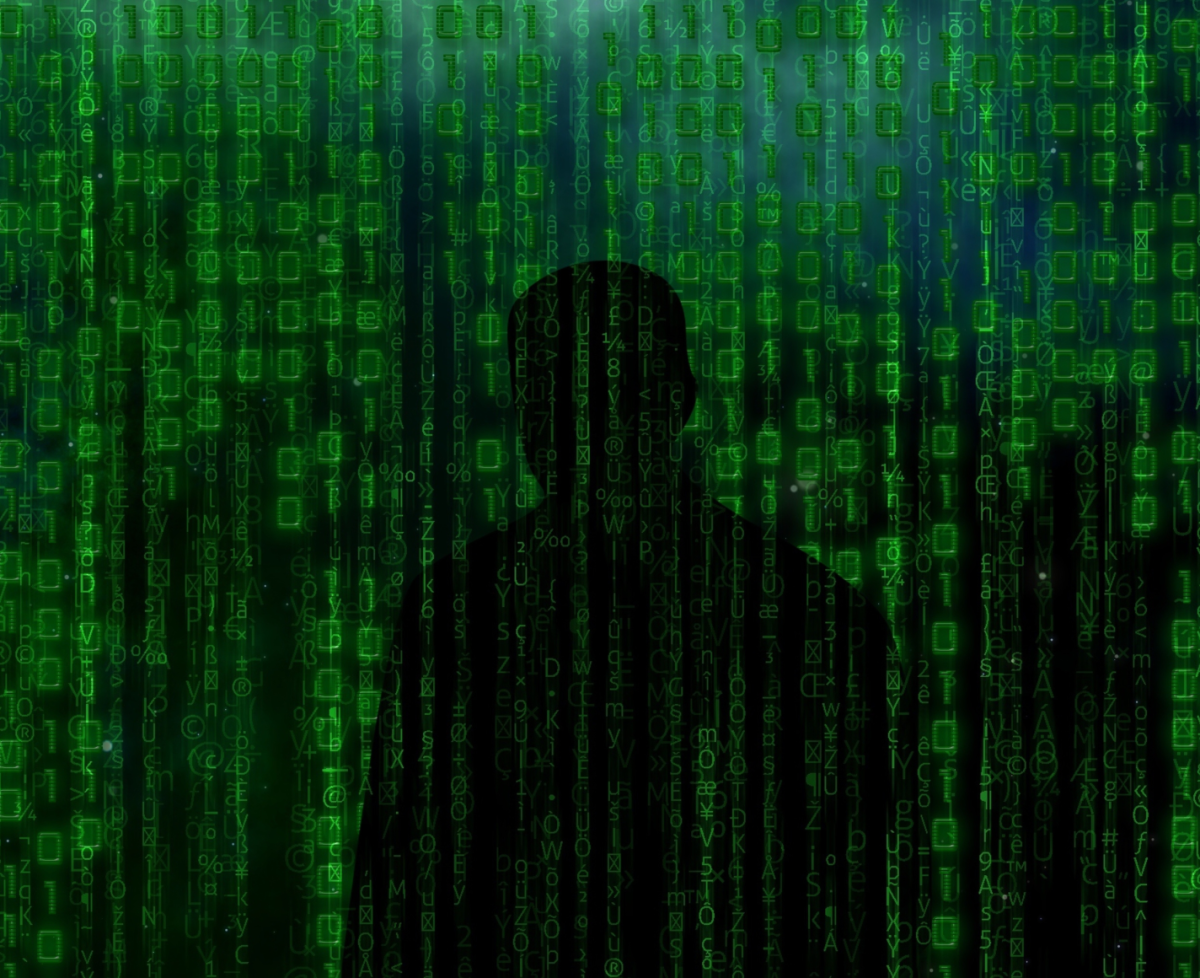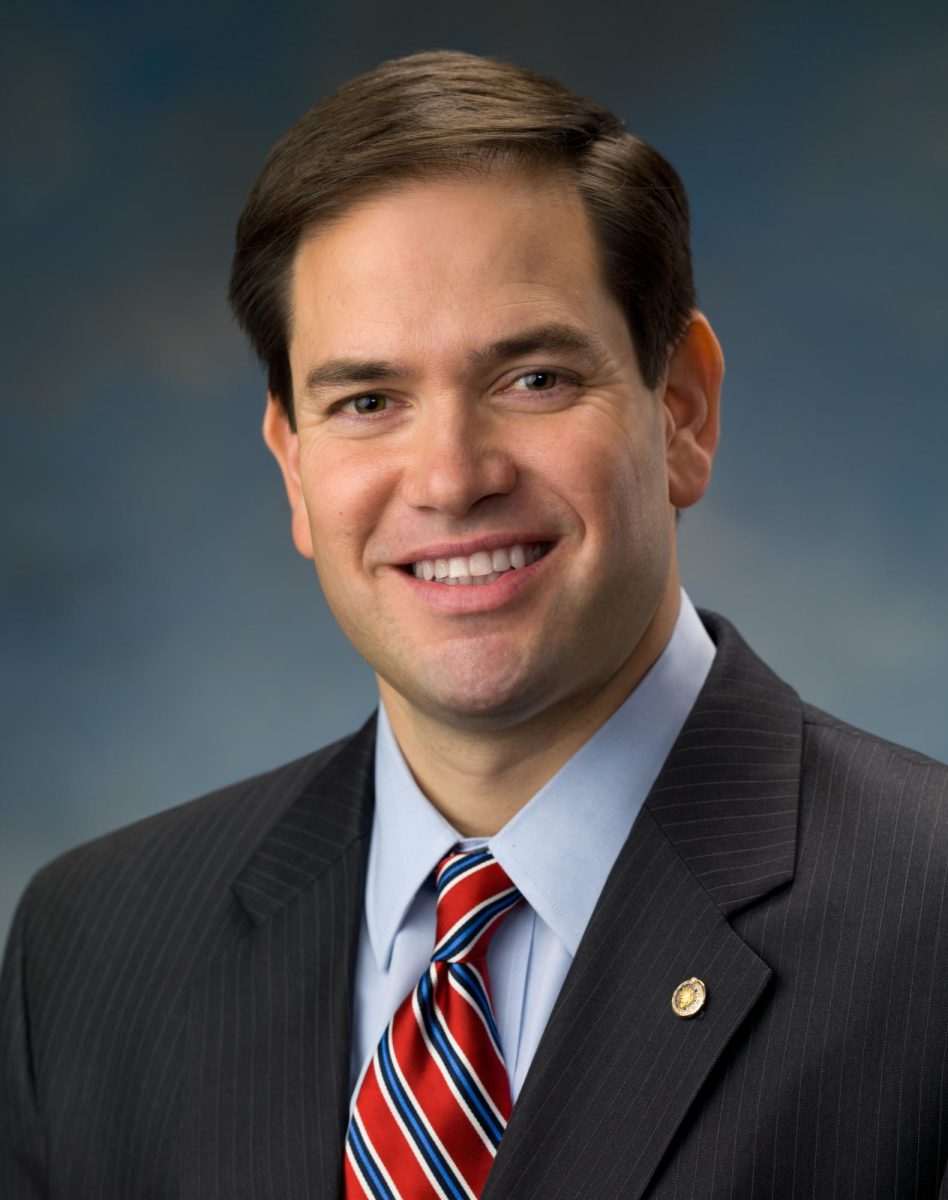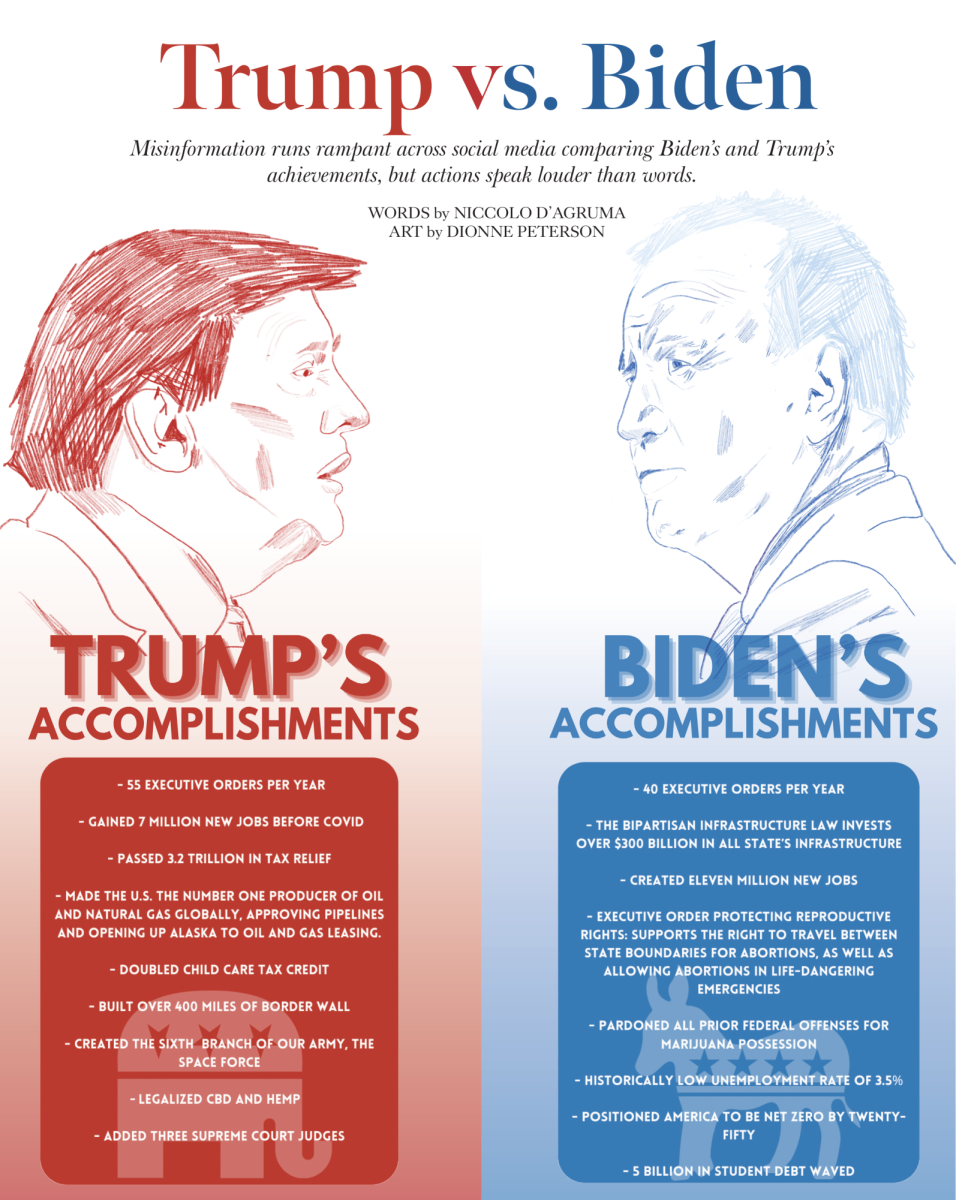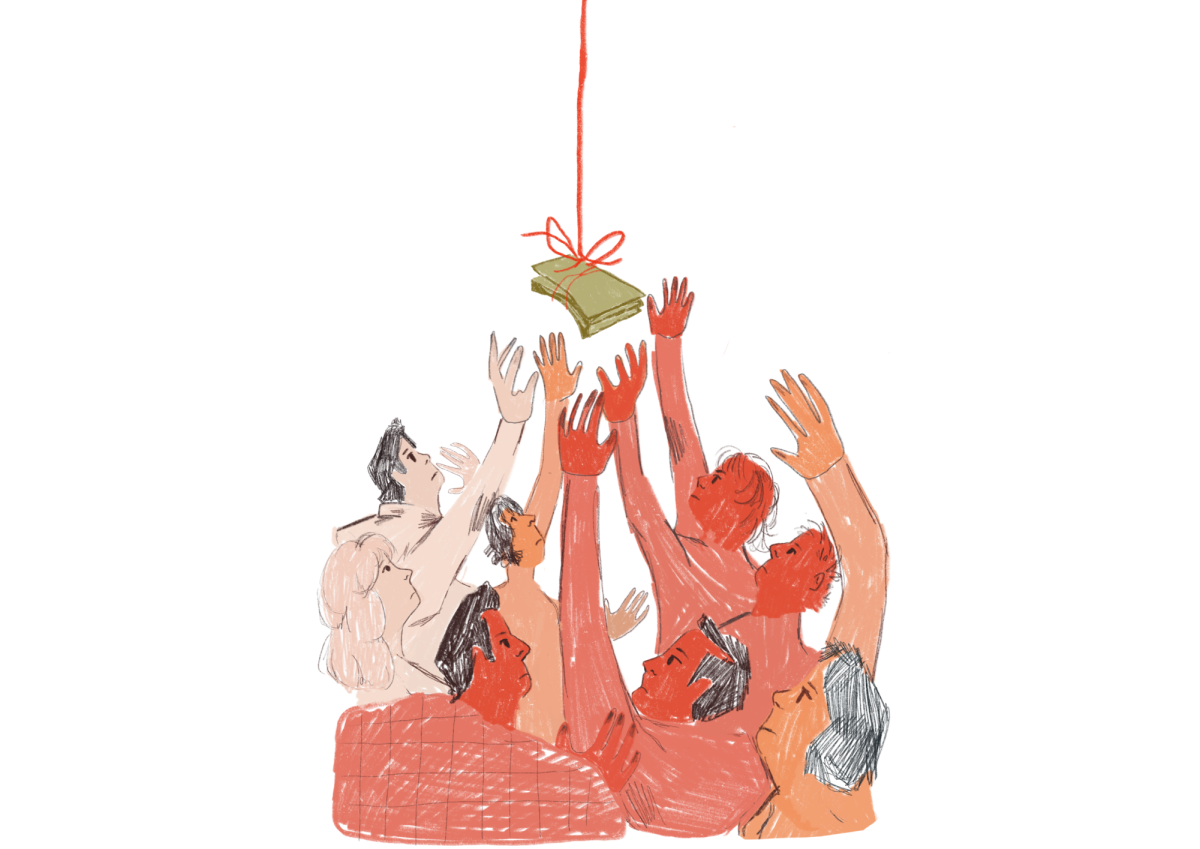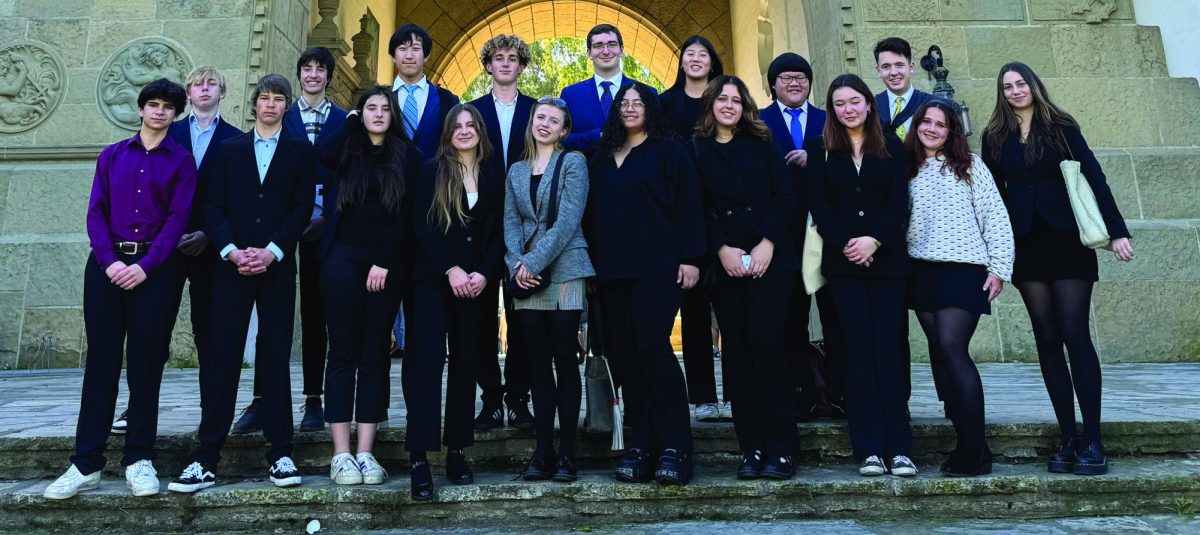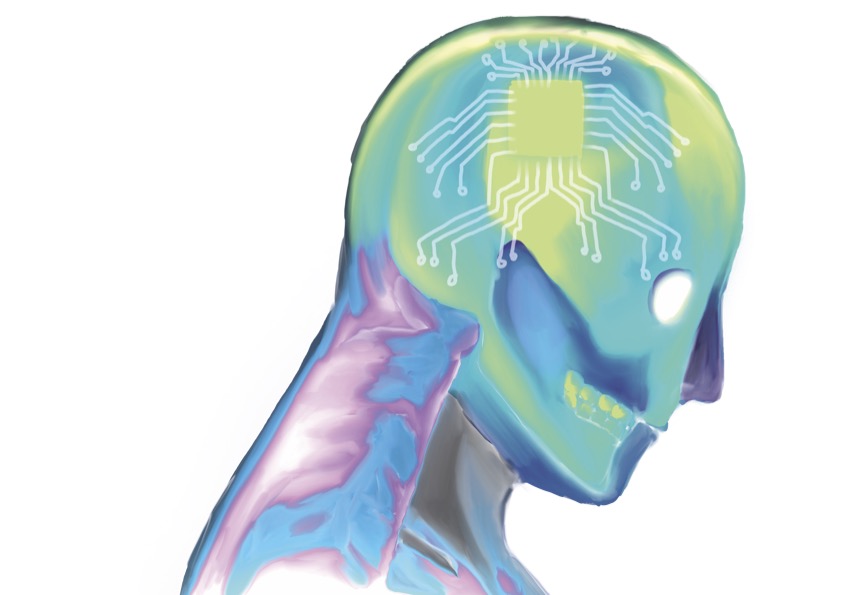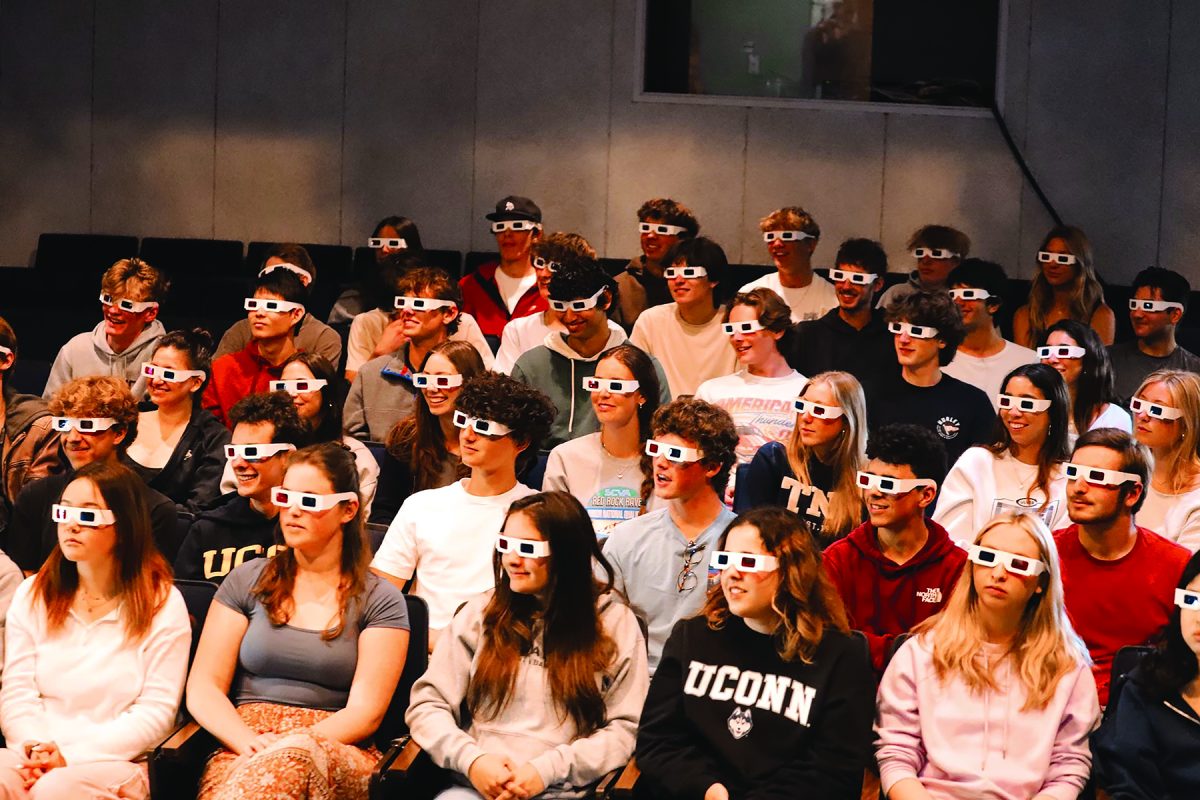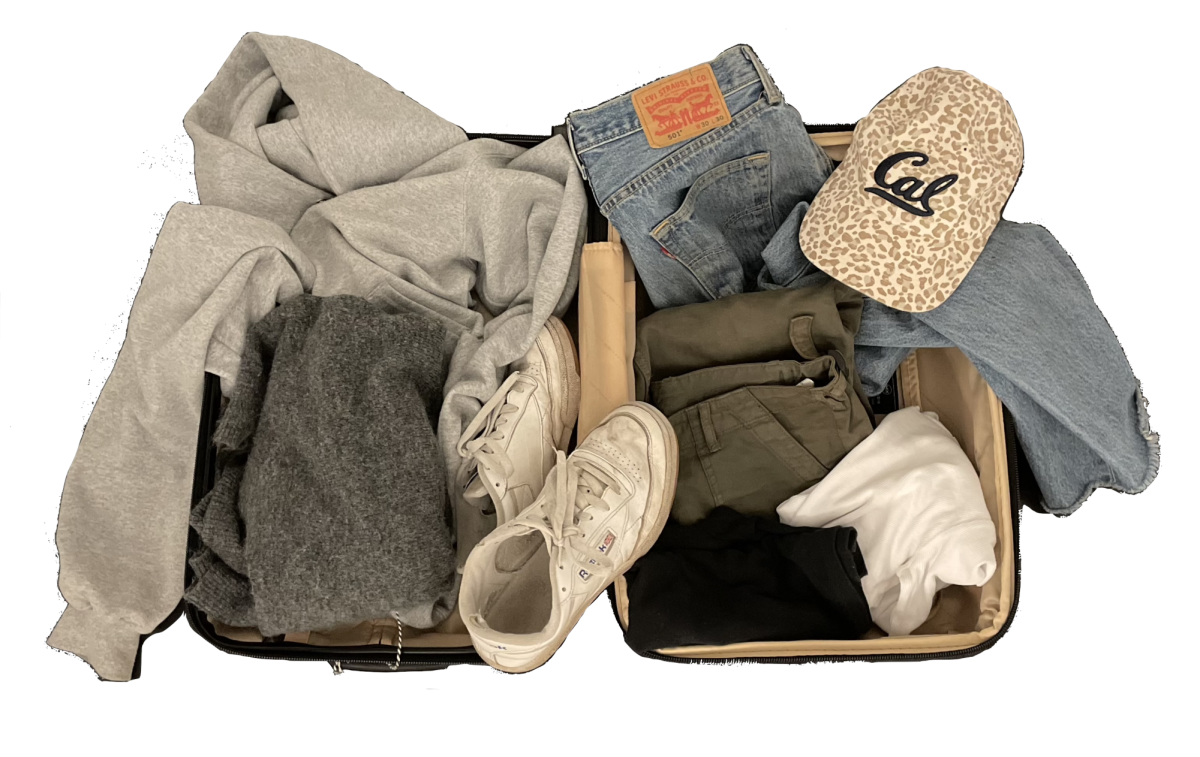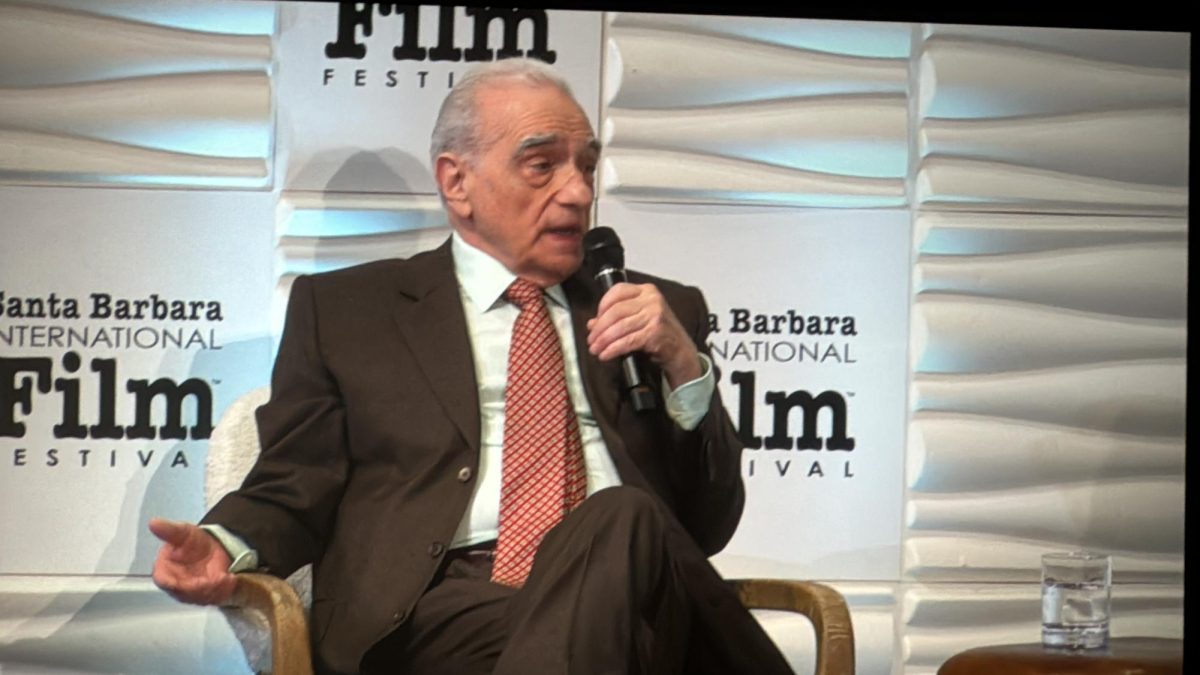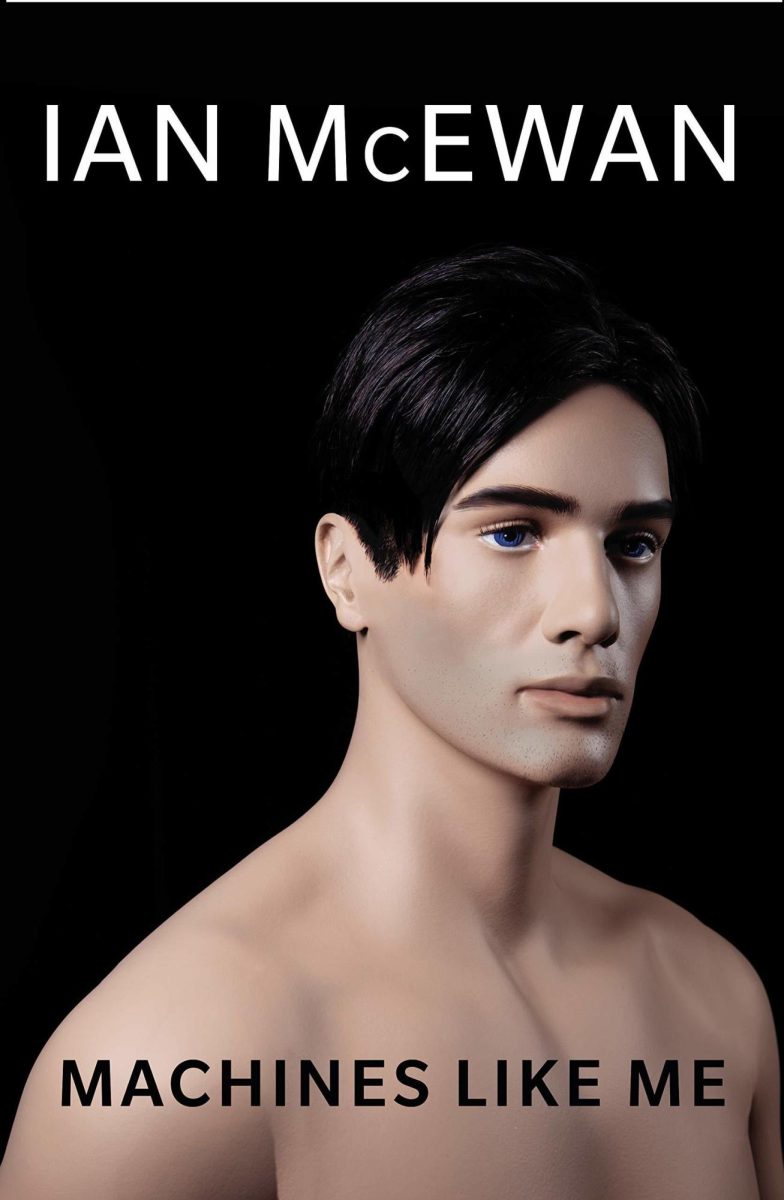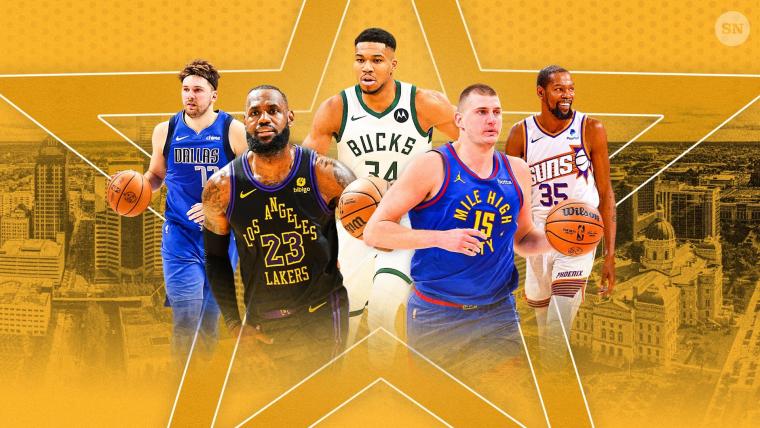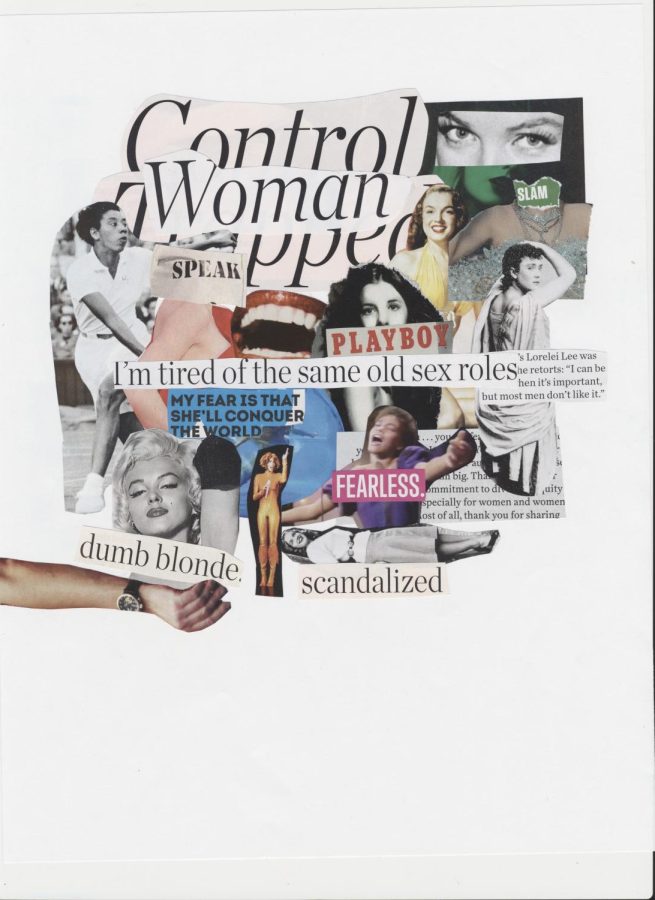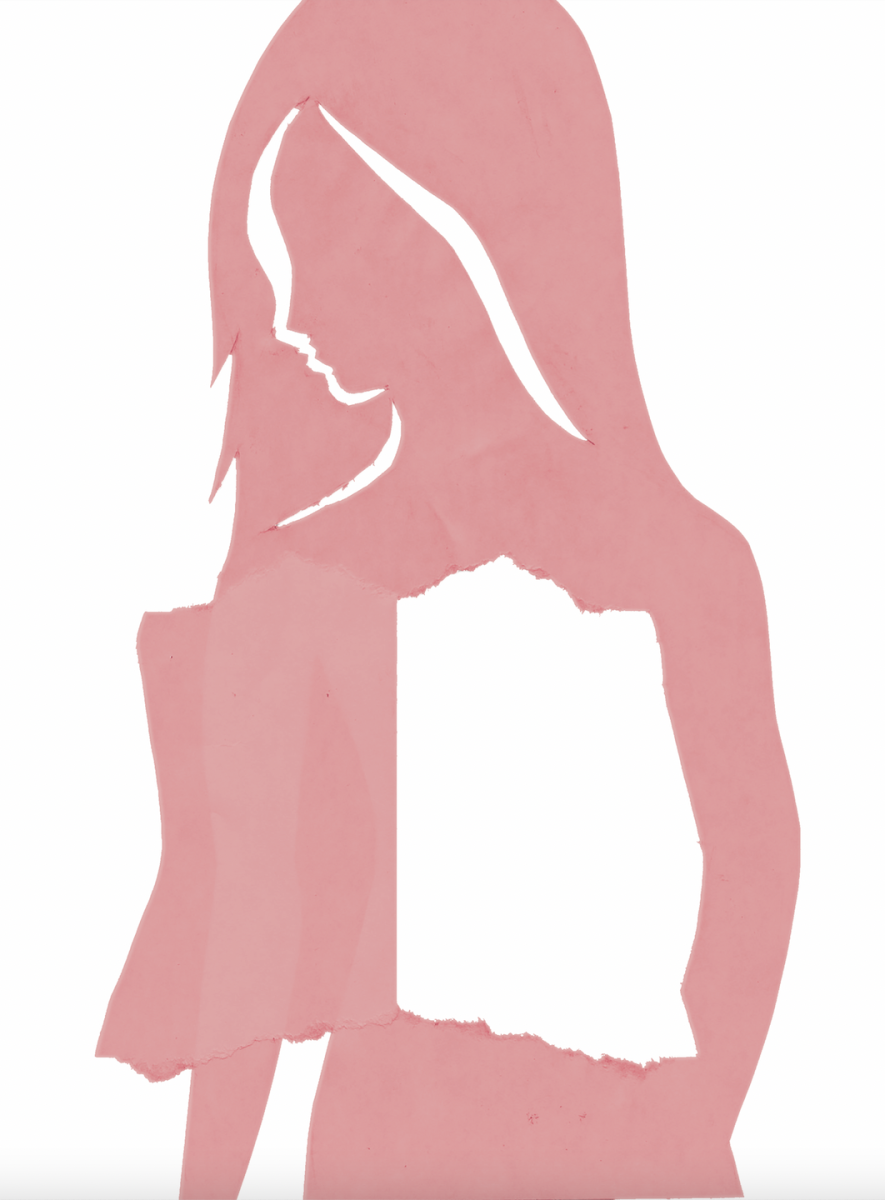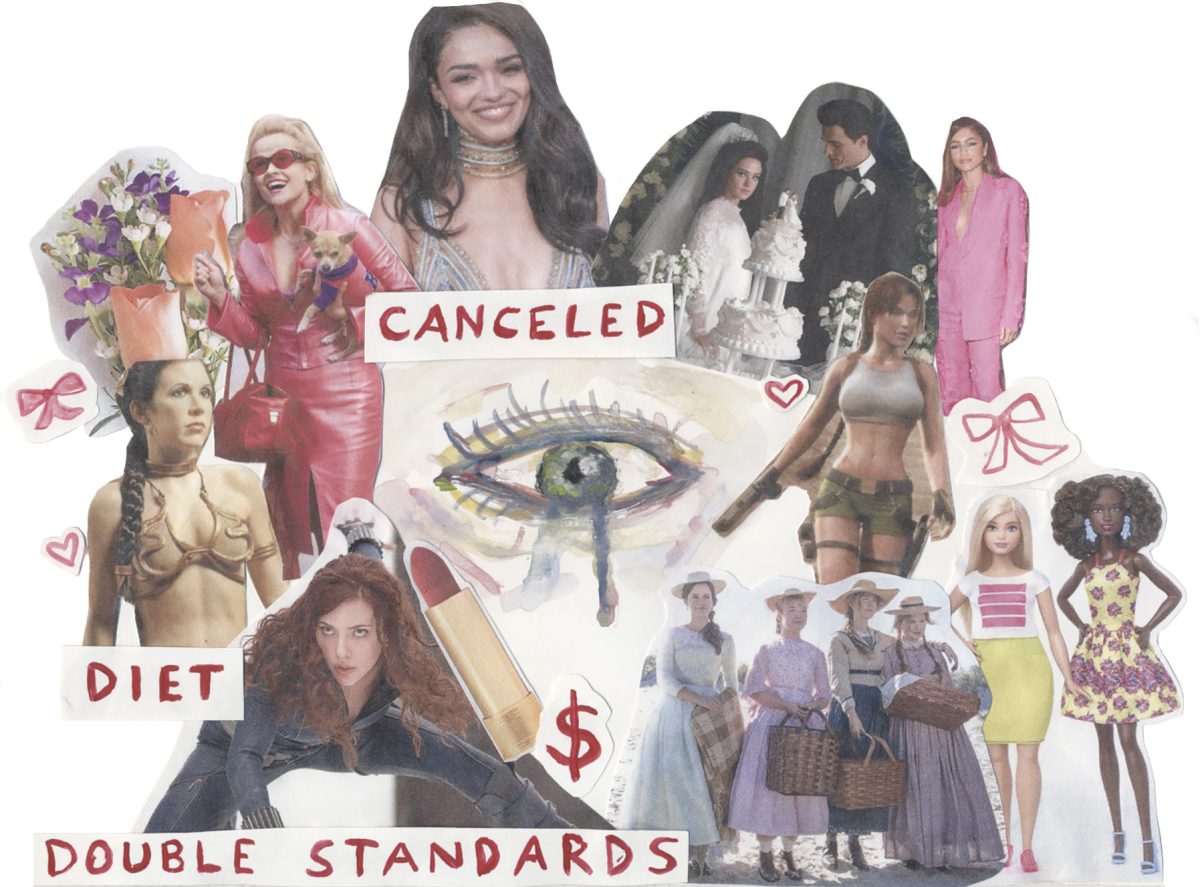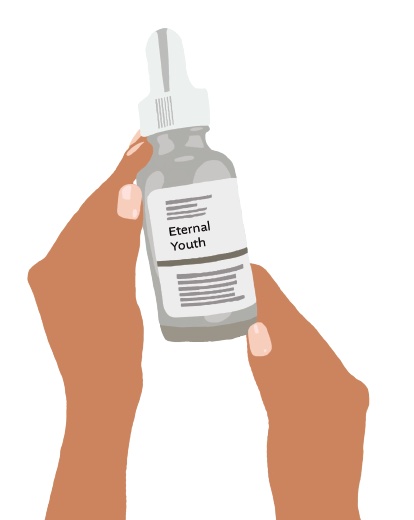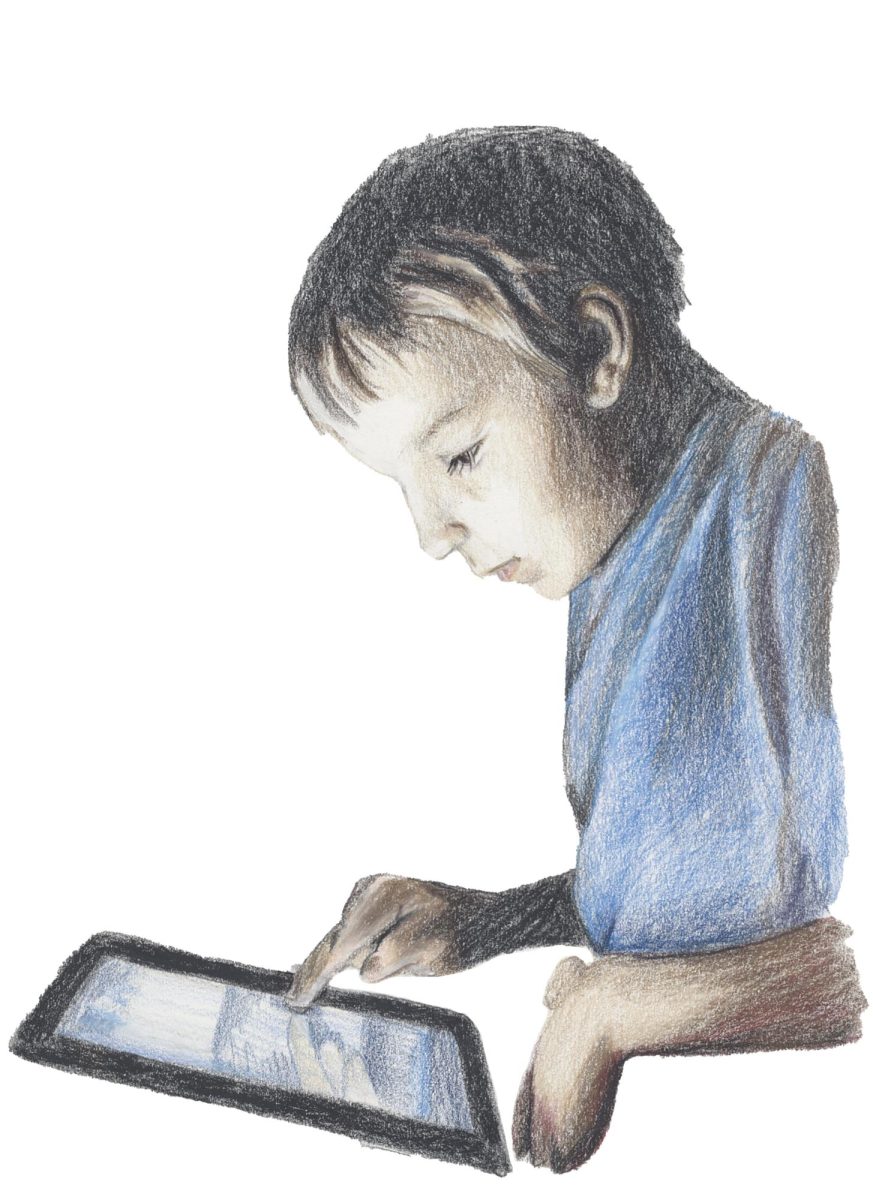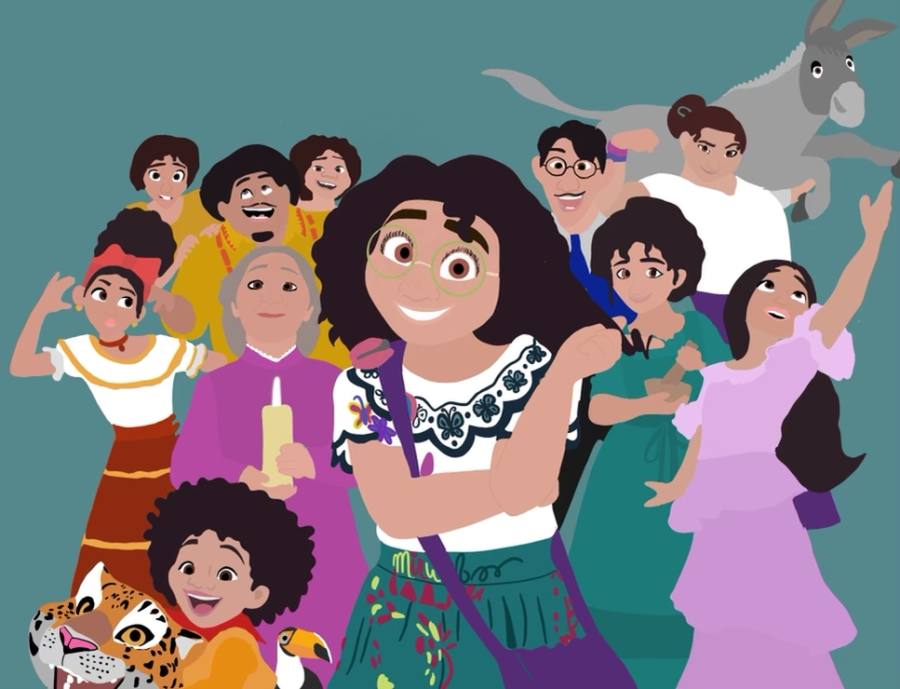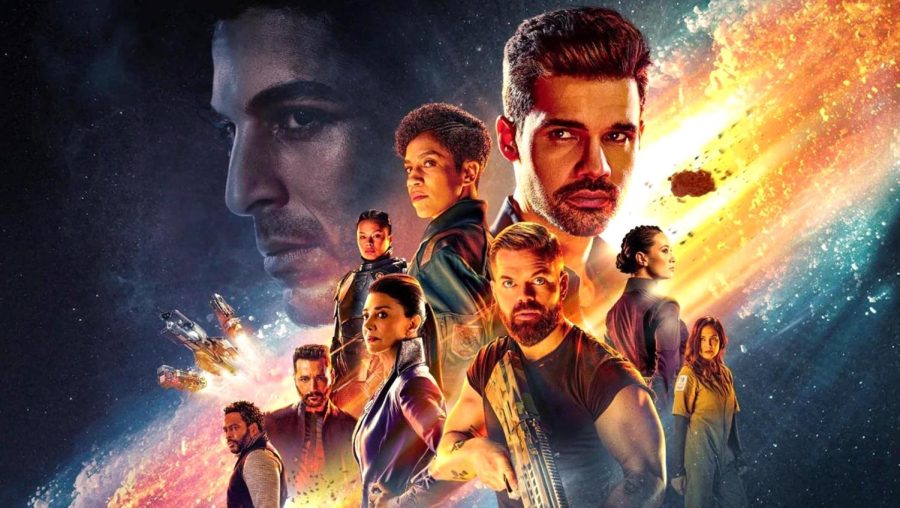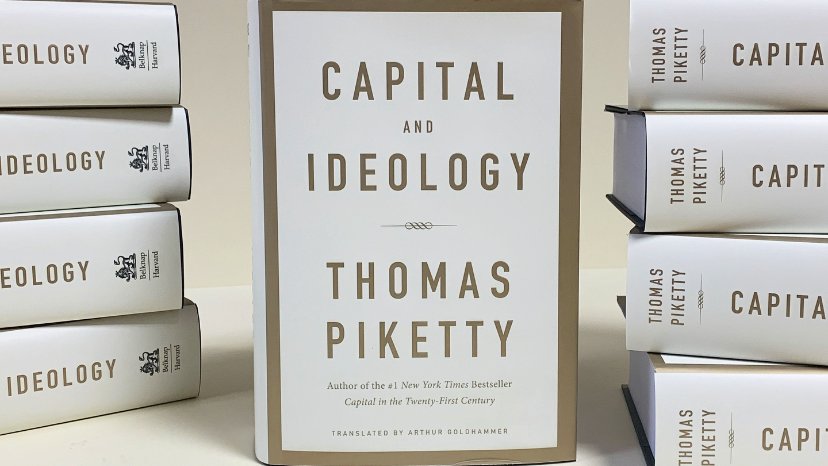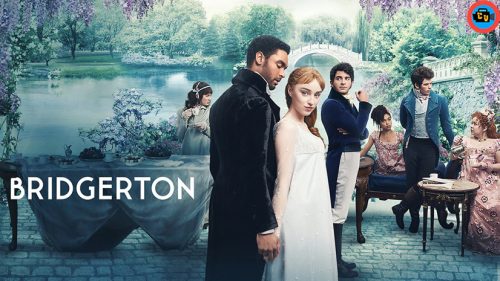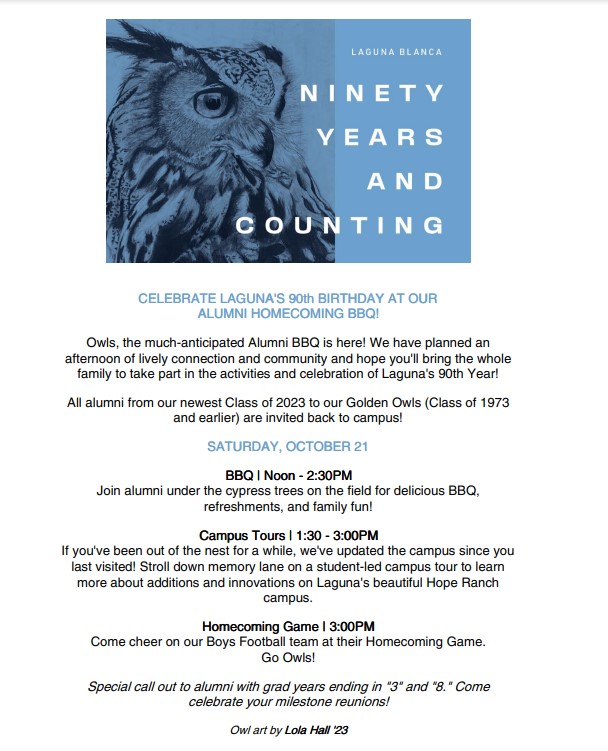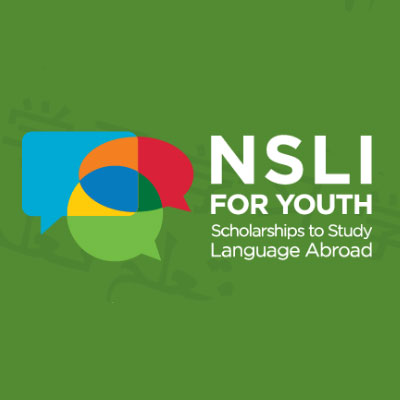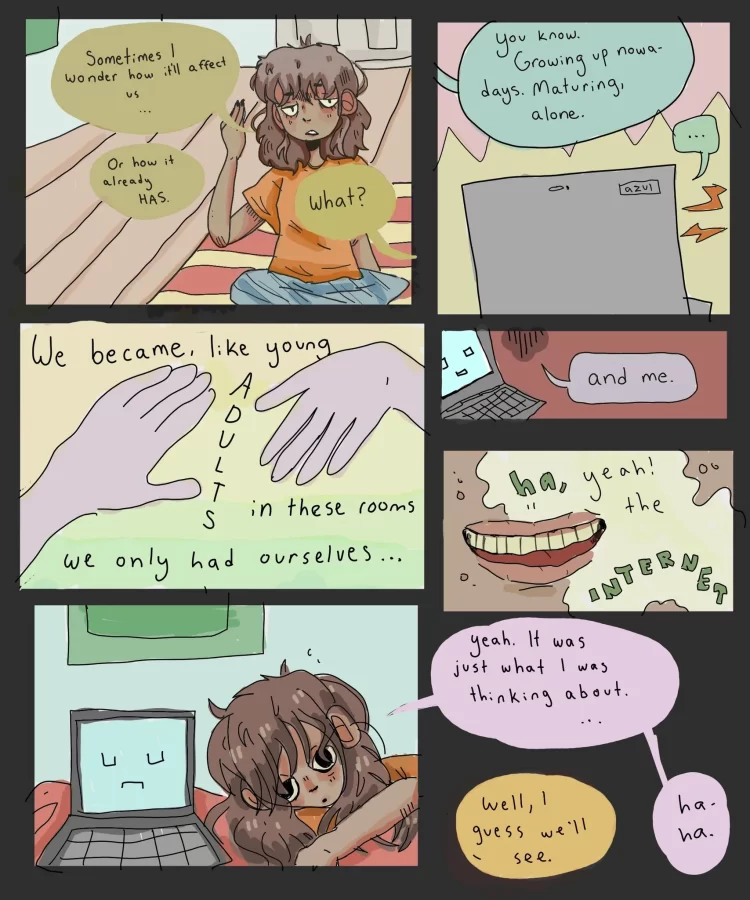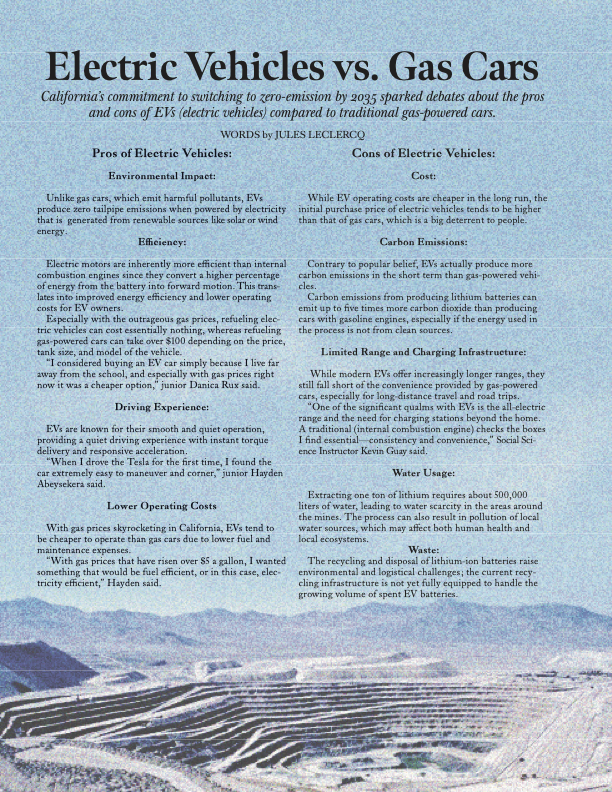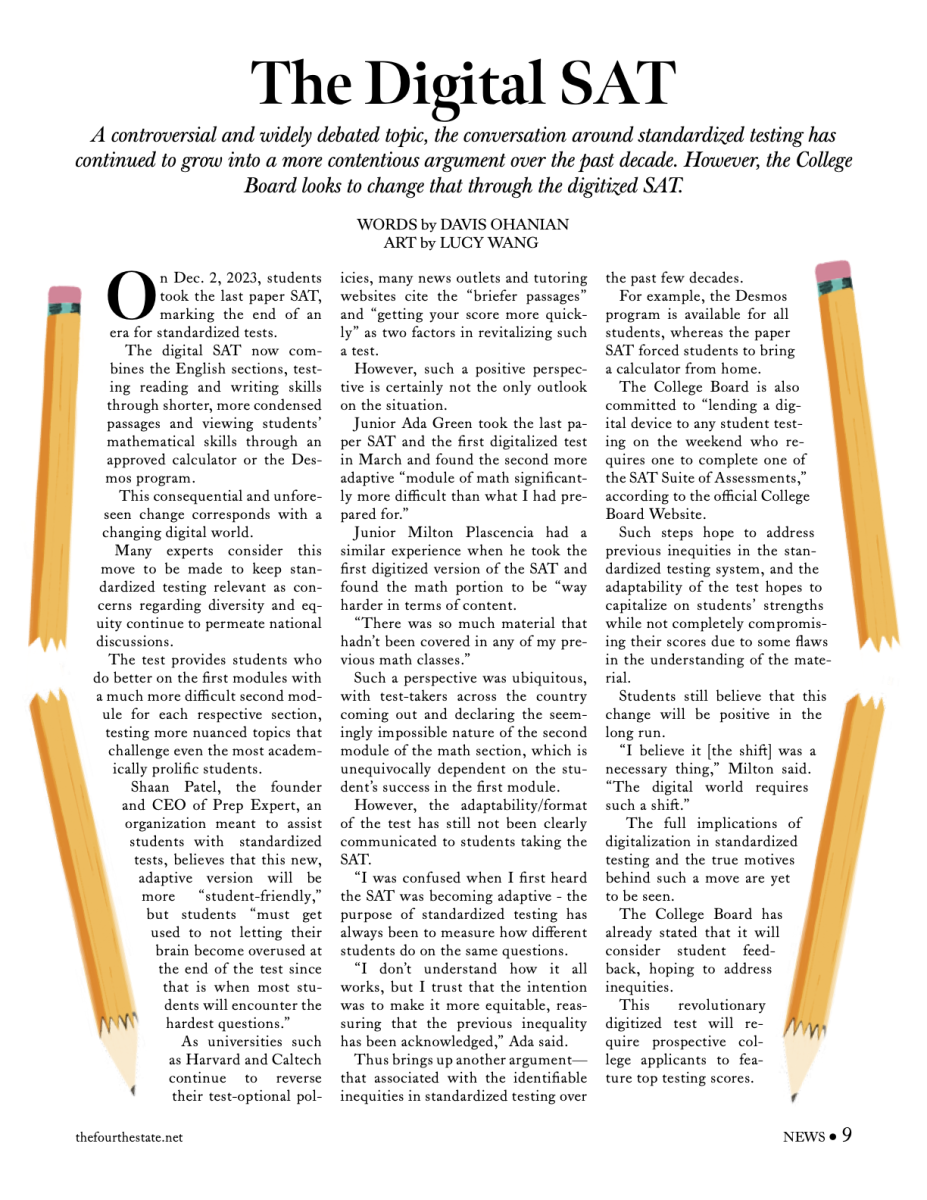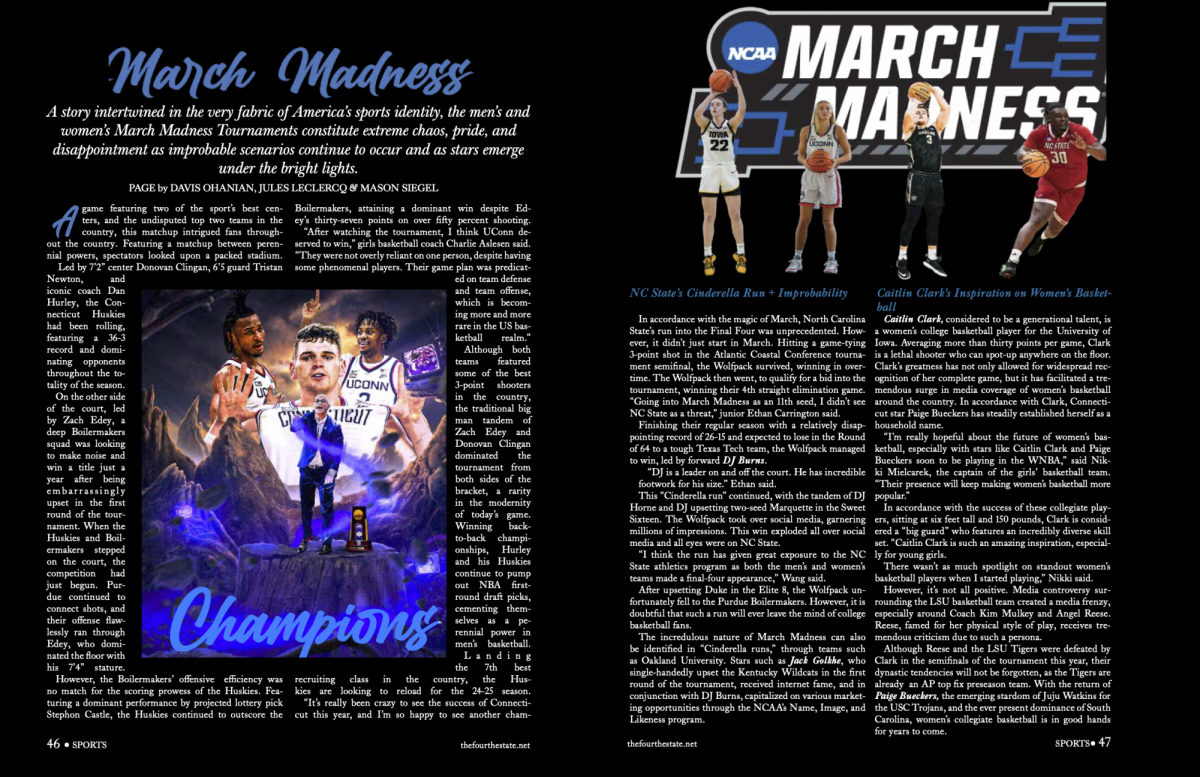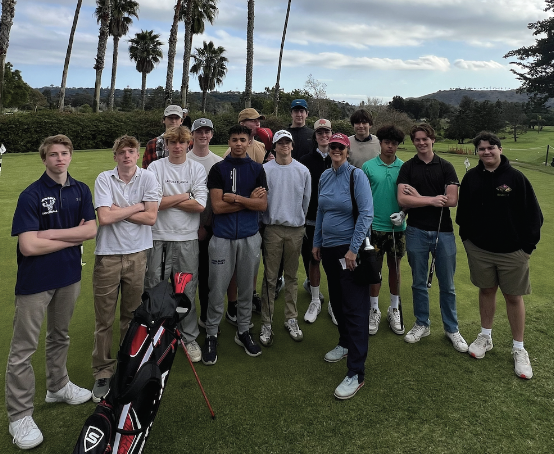Malala for Nobel Peace Prize: It’s time to honour youth
OCTOBER 07, 2013 | BY CRAIG & MARC KIELBURGER
 Malala should win the Nobel Peace Prize, not just for her work promoting girls education, but as a symbol of what young people can do for equality and peace.
Malala should win the Nobel Peace Prize, not just for her work promoting girls education, but as a symbol of what young people can do for equality and peace.
 |
A group of high school students organized the Soweto Uprisings in South Africa; police opened fire. Students led non-violent protests in Tiananmen Square; they were massacred. Millennial bloggers in the Middle East summoned huge rallies to topple regimes during the Arab Spring. Young idealists stood on the front lines, and many were gunned down, as if they were expendable.
There were peaceful moments, too—young people held sit-ins and marched on Washington with Martin Luther King Jr., and joined Gandhi’s civil disobedience movement. Students protested the Vietnam War and the use of nuclear weapons.
Historically, in battles for social change, it’s mostly young blood spilled. But that sacrifice is largely ignored by international accolades, like the Nobel Peace Prize.
Peace Prize laureates are politicians, authors, scientists, international committees, political prisoners and heads of state: men, women, and leaders both religious and secular. The award recognizes almost every segment of the population. As the most prestigious peace prize in the world, the diversity of its recipients signifies that promoting peace is a universal mission; it involves everyone.
But the Nobel for peace has never been awarded to a young person, or to a movement of young people for social change. There has been no shortage of contenders.
When the recipient of the 2013 Nobel Peace Prize is announced on Oct 11, many expect to hear a young person’s name: Malala Yousafzai, the now 16-year-old Pakistani activist who survived a Taliban assassination attempt for attending school.
Since the attempt on her life almost one year ago today, Malala has made a miraculous recovery, and become a global icon for girls’ education, having started a foundation that has already sent 40 girls to school in her hometown, and spoken at the United Nations to implore world leaders to devote time and money to advancing girls’ fundamental right to attend school.
Malala should win the Nobel Peace Prize, not just for her work promoting girls education, but as a symbol of what young people can do for equality and peace. She would be the youngest Nobel Peace Prize winner in history.
Some worry Malala is too young to handle the responsibility of a Nobel laureate. Atle Sveen, a historian who specialises in the Nobel Peace Prize, was quoted in The Telegraph: “It would be too much of a burden for her.”
She is young, but it’s hardly fair to make the default assumption that a young person couldn’t handle the honour—especially given Malala’s record. She blogged under a pseudonym for the BBC about her struggle to attended school, knowingly in defiance of Taliban law; she survived a bullet to the head, and told the UN that it would take more than a bullet to silence her. She has notoriety and recognition, including a Time Magazine cover and the 2013 International Children’s Peace Prize, among other accolades. More importantly, she has the support of her family.
Malala has already taken the world stage; now she and her family are weighing how she will use her platform.
Craig met Malala’s father, Ziauddin Yousafzai, at the Clinton Global Initiative annual meeting in New York recently. Yousafzai was looking for advice, and admitted that the family is overwhelmed, as anyone would be. But he said they have carefully decided that Malala has a responsibility. He has called Malala “everybody’s daughter.”
Yousafzai told Craig about his daughter’s passion for girls’ education, but also for youth-led movements. Malala’s father spoke of our shared mission: “children helping children.”
Craig found in Yousafzaia kind and caring man, full of concern for his daughter and what lies ahead. He sought advice about the challenges a young person faces when trying to establish the infrastructure needed to grow an international charity.
Craig shared his humble guidance: Malala doesn’t need to know all the answers. She is still learning. In time she will decide how or if she wants to grow an infrastructure, but right now, there are so many willing to support her in the cause. She also doesn’t need to do it alone.
When we show video clips of Malala’s speech to an audience of young people they erupt in applause and voice a willingness to help. Young North Americans are working with Free The Children this year to build 200 more schools to add to the 650 schools and school rooms the organization has already built. These schools will be funded, and largely constructed, by young people donating birthday money and laying bricks on volunteer trips.
If Malala wins the Nobel Peace Prize, she will accept on behalf of the student-led Soweto Uprisings, the Tiananmen Square protests, sit-ins for civil rights, anti-war protests and the Arab Spring, and so many other battles. Some of these battles are as small, yet significant—like sending a child to school.
– See more at: http://www.weday.com/global-voices/malala-for-nobel-peace-prize-its-time-to-honour-youth/?utm_medium=email&utm_source=Act-On+Software&utm_content=email&utm_campaign=Global%20Voices%3A%20Malala%20for%20Nobel%20Peace%20Prize%3A%20It%E2%80%99s%20time%20to%20honour%20youth&utm_term=READ%20FULL%20ARTICLE#sthash.pqgApwhq.dpuf


